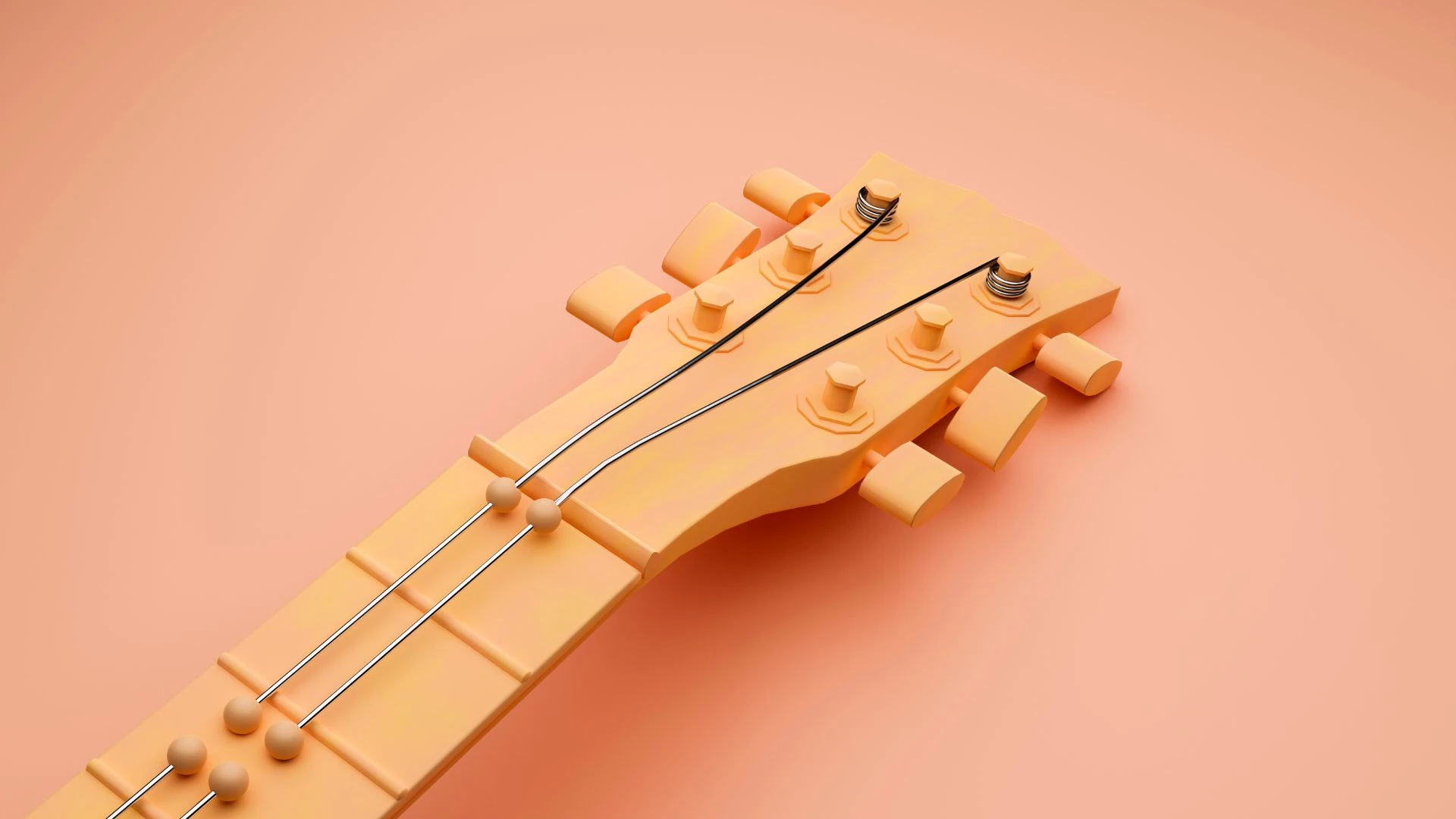
"In a world where AI can churn out chart-toppers in seconds and ticketing algorithms treat fans like data points, we risk losing the soul of live music. But a quiet countermovement is making a comeback right in people's living rooms, backyards and basements. Once the gritty domain of garage bands and DIY punks, house shows are becoming a structured, sustainable model for music communities embraced by a myriad of musical genres and accessible to all ages. House shows aren't just an indie throwback. They serve as a blueprint for re-humanizing music and sustainable artist development, and cities should treat them as civic infrastructure."
"Today, fans crave authentic, offline experiences. In Huntsville, Alabama, we're betting big on this grassroots phenomenon, not as nostalgia, but as a future-proof cultural strategy meant to empower emerging artists, foster authentic human connection and fill gaps that traditional venues can't."
"THE HISTORY OF THE HOUSE SHOW Van Halen's first gigs were at backyard keg parties in California. Hoobastank, Incubus and Linkin Park formed the alternative rock sound of the early 2000s in their parents' garages. But what defines a house show? A house show is first and foremost grounded in a sense of community. Often, a local band or willing host offers up their home to community members for an intimate musical performance. Artists and hosts run the full show, from tickets and gear to promotion, gaining skills they'd never get in a traditional venue."
House shows are intimate, community-rooted concerts hosted in homes, backyards, and basements that provide structured, sustainable models for artist development across genres and ages. Hosts and artists manage tickets, gear, and promotion, cultivating practical skills and direct relationships with audiences not fostered in traditional venues. Both major acts and emerging musicians use house shows to create authentic, offline experiences that bridge generations and demographics. Municipalities can recognize house shows as civic cultural infrastructure to empower artists, fill venue gaps, and build resilient local music ecosystems in the face of algorithm-driven music industries.
Read at Fast Company
Unable to calculate read time
Collection
[
|
...
]